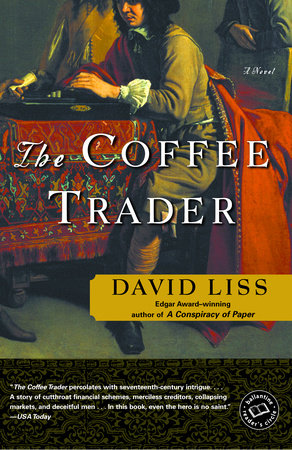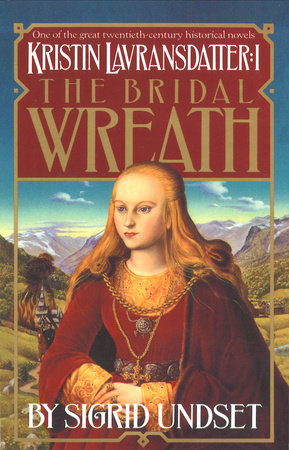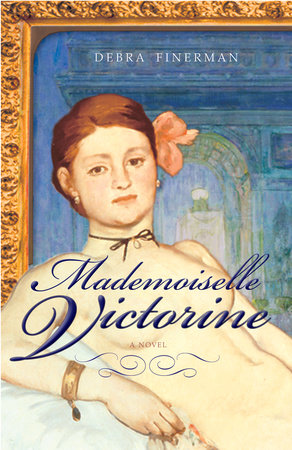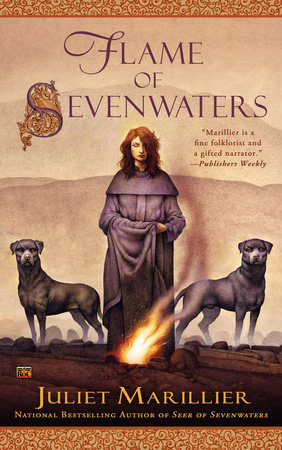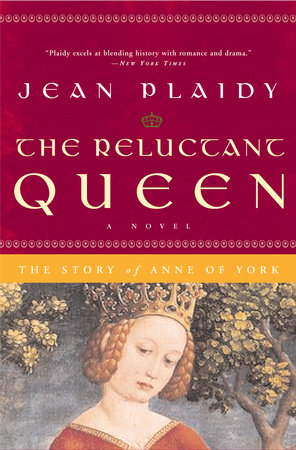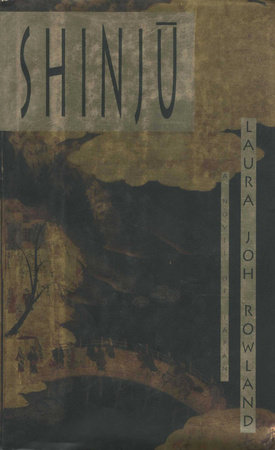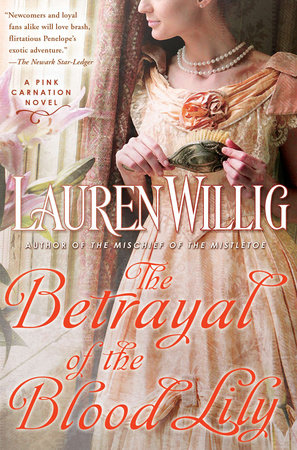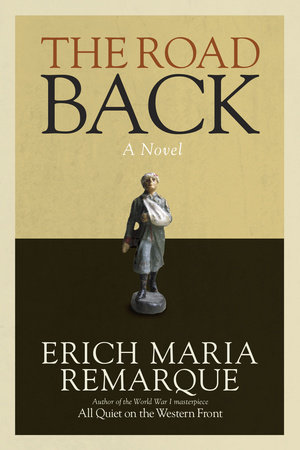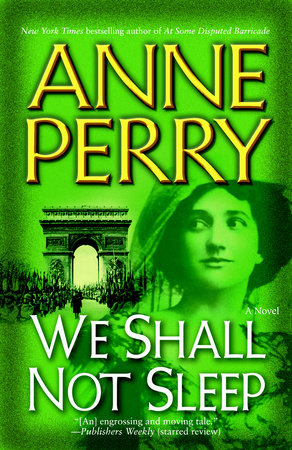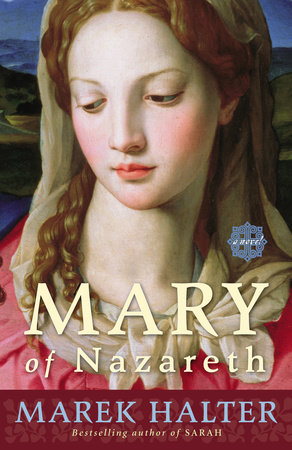A conversation with David Liss, author of The Coffee Trader
Q: You’ve been credited with creating a new genre–the historical financial thriller. Tell us about the plot of THE COFFEE TRADER, and what, precisely characterizes a historical financial thriller.
A: The novel centers around Miguel Lienzo, who is a first generation refugee from the Portuguese Inquisition. He’s come to Amsterdam to escape persecution, and he becomes entangled in some of the new and exceedingly crooked methods of investment being practiced on the Amsterdam Exchange. When the novel opens, he’s been financially ruined, and he’s trying to restore his fortunes with a very dangerous scheme to corner the market on coffee just as coffee is first emerging in Europe.
I wanted this novel to function as a very exciting thriller, but I didn’t want to rely on big terrors like death, destruction, conquest and so forth. Instead, I wanted it to revolve around the little terrors that most of us have actually experienced: the fear of being caught in a lie, the fear of financial ruin, etc. I set these concerns within the specific historical context of 17th century Amsterdam in part to take advantage of the strange financial rules of the day, which made it possible to write an exciting novel, and in part to show the similarities with today’s corrupt markets.
Q: How would you relate the manipulation of coffee futures in Amsterdam, 1659 with today’s financial scandals like Enron and Imclone?
A: I find the similarities between 17th century financial manipulation and today’s financial manipulation astonishing. In the 17th century, small groups of schemers could take control of a market of a commodity by plotting among themselves, and it is easy to look back and say that they could get away with it since there were relatively few participants in the market, and there was nothing like mass communication. With financial schemes today, there are usually hundreds of people in the loop, these machinations are visible to market watchers, and we have instantaneous communication. I think what this really demonstrates is that the desire to cheat and the willingness to be cheated are fairly constant features of any thriving market.
Q: You have a knack for writing about pivotal moments in business history that resonate with business news today. What interests you about the history of finance?
A: Finance is interesting because of the central role that money plays in modern culture. It shapes and defines our lives and our society. As a historical novelist, I want to write books that capture times that are many ways alien to us now, and those moments that witness major changes in the nature of finance seem to me great flashpoints of change. In the 17th and 18th centuries, people were just beginning to understand themselves through the lens of money. Money was in the process of changing from a metaphor for immutable wealth (principally land) to a goal in itself, and that meant that an entirely new class of people had access to wealth. But rather than simply write about how people relate to, desire and manipulate wealth, I’m interested in how new modes of making money change the way people look at the world, their relationships and themselves.
Q: We take coffee for granted today. However in Amsterdam, 1659, the place and time your book is set, it is an exotic beverage. Would Miguel Lienzo, your protagonist ever envisioned Starbucks on every corner? Can you talk about how coffee rose from obscurity to ubiquity?
A: One of the things that I’ve come to realize in working on this book is that all human cultures have social beverages, and coffee, as a stimulating drink, is a perfect match for social gatherings. Miguel recognizes that coffee and commerce go naturally together, but I’m not sure that even he would have foreseen the central role coffee played and plays in modern life.
Coffee comes originally from Ethiopia, and it spread to the Middle East in large part because Islamic law forbids the consumption of alcohol, so coffee was a natural social drink for them. Coffee houses in the late medieval and early modern Islamic world were hotbeds of political discussion and dissent, and so were always controversial. When it first arrived in Europe, coffee was understood as a medicine, and was often prescribed by pharmacists for ailments like jaundice or gout, but by the middle of the century, a few cities in Europe had coffee "taverns" where businessmen and intellectuals would congregate. By the end of the 17th century, there would be coffee houses across Europe, and they would be central gathering points for men of commerce, letters, and politics.
Q: You wrote A CONSPIRACY OF PAPER as a murder mystery, but THE COFFEE TRADER has a very different structure. Can you talk about your relationship with the mystery genre? Are you moving away from mysteries?
A: I enjoy reading and writing mysteries, but I enjoy reading and writing other sorts of things as well. When I started The Coffee Trader, I knew only that I wanted to set the book in 17th century Amsterdam — and very little else. Since I’d made the argument in my first book that detective work, as we know it today, could only have evolved in the 18th century, I had boxed myself out of the option of writing a mystery unless I wanted to get into a long and protracted debate with myself. What I liked about writing this novel was that it functions like a mystery without there being a murder at the center. As I developed it, it occurred to me that many of my favorite novels have this same structure: Pride and Prejudice, Tom Jones, The Sister Carrie. You read to find out what emotional truth or material facts have been kept from the readers or the characters. Plot itself is almost always a mystery, with the resolution as the "what done it." Genre mysteries do what most novels do, only they do it more overtly.
Q: Why did you choose to write about this particular time and place in history — and why did you choose to write about coffee?
A: When I was working on my doctorate in 18th century British literature, I became very interested in the Netherlands in the 17th century because the 18th century British were interested in that time and place. The Dutch had been the economic and political miracle of their time, and the British wanted to emulate that culture in many ways. When it came time to start thinking about a second novel, I knew I finally had the freedom to research any area that interested me, so I decided to peruse this project. The interest in coffee came later. I first decided that I wanted to write about a merchant attempting to establish a monopoly on a newly emerging commodity. I found out that there were two first coming into their own in this period: coffee and chocolate. Chocolate had about a thirty year head start on coffee, so there was more written about it, and I became seduced by the availability of primary materials. But when I had a fairly solid draft finished, I realized the book was edgy and tense and nervous — and I then realized it had been about coffee all along.
Q: The historical novel seems to be more popular than ever before. Do you have any thoughts about why the public is turning to history?
A: People have been reading a writing historical fiction for a very long time now. If it is more popular than ever, it is probably because of an enhanced understanding that we now have of the ways in which culture circulates in various periods of history. A lot of the theoretical/historical thinking of the past decade or so has enabled us to at least make the effort to separate ourselves from our own moment and imagine an alien one. In the past, historical fiction often did little more than plugged essentially modern people into historical settings. Today there are more and more sophisticated novelists who are striving to get a nuanced sense of how people of the past might have actually thought and felt and lived. I think readers enjoy these books because they give them a kind of insight that traditional history often cannot. Historians can try to tell us what happened, but novelists can try to tell us about the experience of what happened.
Q: THE COFFEE TRADER seems to suggest that there is an inherent relationship between financial canniness and duplicity. Do you think that is true? Was it more true in the past or today?
A: There certainly was such a relationship on the Amsterdam exchange in the 17th century. Merchants would have to lie constantly, and they would have to try to separate the lies they heard from the truth. Trading on the exchange often became a matter of guessing who was telling the truth and who was lying in order to manipulate the value of a commodity. In today’s financial world, there’s still plenty of deception, but it is generally less overt. Less lying, more "spinning."
Q: A significant number of historical novels are populated by characters who are familiar to contemporary readers. Your book, however, contains only passing references to famous Amsterdamers of the Golden Age (e.g. Spinoza, Rembrandt, etc). Have you made a conscious decision to avoid canonical figures?
A: A lot of reader, and I’m certainly one of them, enjoy seeing historical figures show up in novels, but I’ve chosen to avoid that sort of thing because I’m more interested in trying to recreate the lives or ordinary men and women than I am in providing an all-encompassing history lesson of a time and place. In some ways, I find it frustrating when I read novels in which the protagonist just happens to know everyone who would be selected by history as important, or someone who just happens upon famous people in a picaresque journey. Besides, when writing about people who actually lived, a novelist is burdened by the historical record. If I get a great idea for doing something with the story, I want to be able to do that rather than say, "Oh, it was a great idea, but I can’t have Spinoza kill Rembrandt because that’s not the way history really played out." If I want my philosopher to kill my painter, then that’s what I’m going to have happen.
